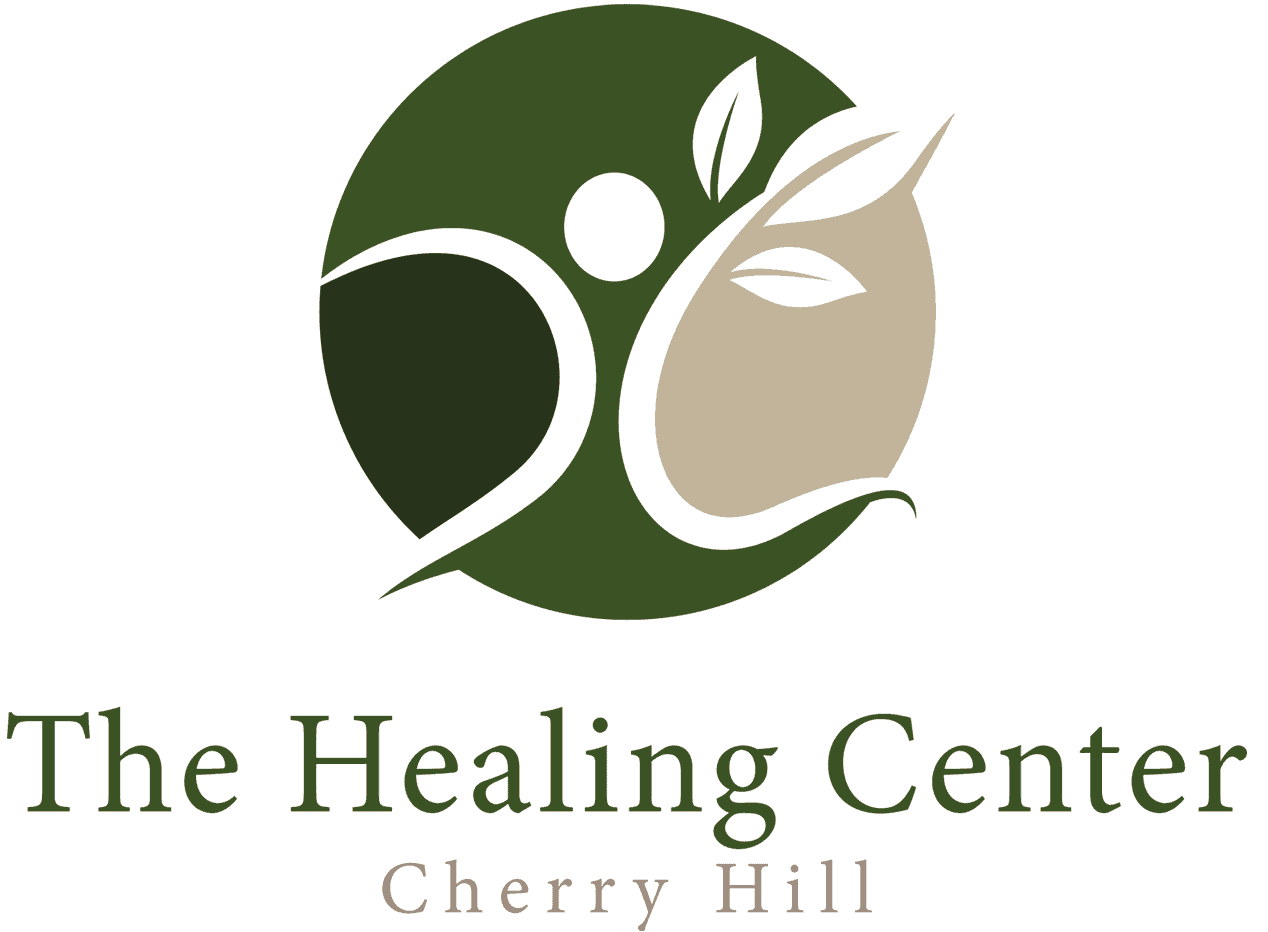Opioid addiction is a complex and serious medical condition characterized by the compulsive use of opioids, despite negative consequences. Opioids are a class of drugs that include prescription painkillers like oxycodone and hydrocodone, as well as illegal drugs like heroin. Opioid addiction is a growing epidemic that affects individuals and families across the globe. This complex and devastating condition can have far-reaching consequences, but with the right knowledge and support, recovery is possible. In this article, we’ll explore the symptoms, signs, and treatment options for opioid addiction.
What Are Opioids?
Opioids are a class of drugs that include both prescription medications and illegal substances. They are known for their ability to relieve pain and induce a sense of euphoria, which can make them highly addictive. Opioids work by binding to specific receptors in the brain and spinal cord, known as opioid receptors, to block pain signals and produce pleasurable sensations. Here are some common types of opioids:
Prescription Opioids: These are medications that are legally prescribed by healthcare providers to manage moderate to severe pain. Some common prescription opioids include:
-
- Oxycodone (OxyContin)
- Hydrocodone (Vicodin)
- Morphine
- Codeine
- Fentanyl
- Tramadol
Heroin: Heroin is an illegal opioid synthesized from morphine. It is usually sold as a white or brown powder or as a black, sticky substance. Heroin is often injected, smoked, or snorted.
Synthetic Opioids: These opioids are synthetic or man-made and can be even more potent than natural opioids. They include substances like fentanyl and carfentanil, which are often mixed with other drugs and contribute to a significant number of opioid-related overdoses.
Opioids are effective at managing pain, especially after surgery or in cases of severe chronic pain, but their potential for addiction and abuse has led to a public health crisis in many parts of the world. Prolonged use of opioids can lead to physical dependence and addiction, as well as a range of health issues, including respiratory depression, overdose, and the risk of infectious diseases (e.g., HIV/AIDS) when administered intravenously.
Due to the risks associated with opioid use, it is essential that these medications are prescribed and used under the careful guidance of a healthcare professional. Additionally, efforts have been made to increase awareness about the dangers of opioid misuse and to improve access to addiction treatment and support services for those who develop opioid use disorders.
Opioid Addiction Symptoms
Recognizing the symptoms of opioid addiction is the first step in addressing the problem. Here are some common signs that someone may be struggling with opioid addiction:
- Craving: Individuals with opioid addiction often experience intense cravings for the drugs, leading to persistent thoughts about obtaining and using them.
- Loss of Control: They may find it increasingly difficult to control their opioid use, leading to taking higher doses or using the drugs for longer durations than originally intended.
- Tolerance: Over time, individuals may build up a tolerance to opioids, meaning they need higher doses to achieve the desired effect, or they may experience reduced effects with the same amount.
- Withdrawal Symptoms: When not using opioids, withdrawal symptoms can occur, including nausea, vomiting, diarrhea, muscle pain, anxiety, and restlessness.
- Neglecting Responsibilities: Opioid addiction often leads to the neglect of work, school, family, or social obligations due to drug use.
- Social Isolation: Individuals may withdraw from social activities and relationships, spending more time using opioids or seeking them.
- Physical and Psychological Health Problems: Opioid addiction can lead to a range of health issues, including infections, respiratory problems, mental health disorders, and a heightened risk of overdose.
- Continued Use Despite Harm: Even when facing negative consequences such as legal issues, financial problems, or health deterioration, individuals with opioid addiction often continue to use the drugs.
Opioid Addiction Treatment
Thankfully, there are effective treatments available for opioid addiction. Treatment options vary depending on individual needs and preferences, but here are some key approaches:
Medication-Assisted Treatment (MAT): MAT combines medications like methadone, buprenorphine, or naltrexone with counseling and therapy. These medications can help reduce cravings and withdrawal symptoms, making it easier for individuals to quit opioids.
Counseling and Behavioral Therapy: Behavioral therapies, such as cognitive-behavioral therapy (CBT) and contingency management, help individuals develop coping strategies, address underlying issues, and modify addictive behaviors.
Support Groups: Group therapy and support groups, such as Narcotics Anonymous (NA) or SMART Recovery, provide a sense of community and shared experiences to help individuals in recovery.
Inpatient Rehabilitation: Residential treatment programs offer a structured environment for individuals to focus on recovery, receive intensive therapy, and learn life skills to prevent relapse.
Outpatient Treatment: Outpatient programs provide flexibility for individuals who want to maintain their daily routines while attending counseling and therapy sessions.
Detoxification: Medically supervised detoxification can help individuals safely manage withdrawal symptoms as they stop using opioids.
Peer Support: Peer support programs connect individuals in recovery with mentors who have successfully overcome opioid addiction.
Holistic Approaches: Complementary therapies like yoga, meditation, and acupuncture can be integrated into treatment plans to address physical and emotional aspects of addiction.
Aftercare and Relapse Prevention: Continuing care and relapse prevention strategies are essential for maintaining long-term recovery. This includes ongoing counseling, regular check-ins, and support from healthcare professionals.
Get Help For Opioid Addiction In New Jersey
Opioid addiction is a challenging condition, but it is treatable. Understanding the symptoms and signs is vital for early intervention. If you or someone you know is struggling with opioid addiction, seeking professional help is crucial. Recovery is possible with the right treatment and support. With a combination of medication, therapy, and a strong support network, individuals can overcome opioid addiction and build a healthier, drug-free future. There is hope, and there is help available for those who need it. Contact The Healing Center in Cherry Hill, NJ today to learn more about the options available for opioid addiction treatment.







